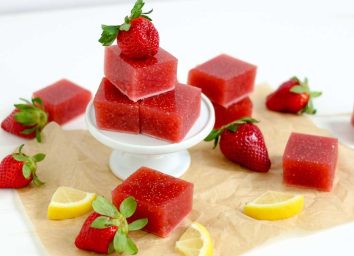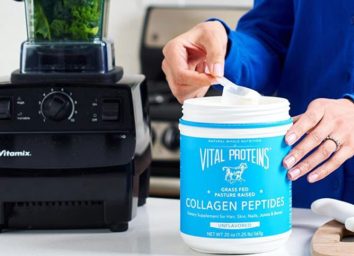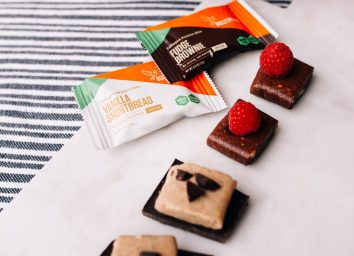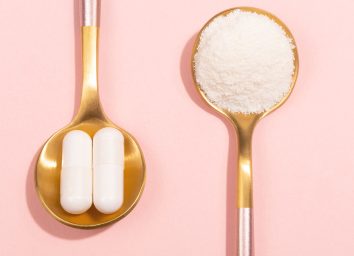What is Hydrolyzed Collagen and Can It Really Help You Look Younger?
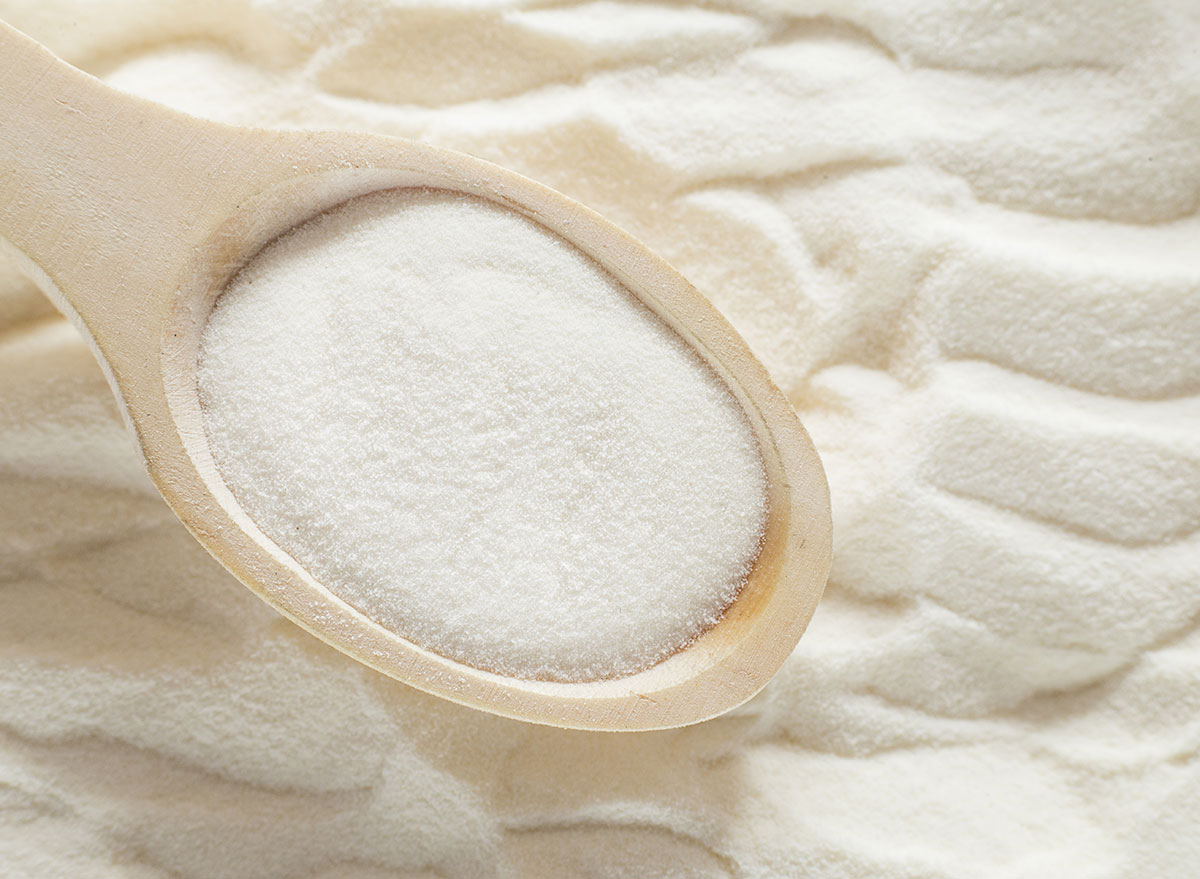
If you've searched high and low for easy ways to boost your beauty routine, you might have come across something called hydrolyzed collagen. It's often touted as a wonder product that not only improves the condition of your skin but works magic under the skin, too, strengthening your bones, muscles, and joints with its lean, mean protein power.
So what's the deal—should you be adding hydrolyzed collagen to your beauty regimen? Here's the scoop.
What is hydrolyzed collagen?
To understand what hydrolyzed collagen is, we have to take one step backward and review the basics of collagen. One of the most abundant, naturally-produced proteins in your body, collagen creates the structure for many of your body systems, from your bones to your blood vessels. Without it, your body would stiffen, weaken, break down, and wear out; we see this happening during the normal course of aging, as collagen levels lessen over time.
Hydrolyzed collagen (sometimes called collagen peptides) is collagen that's undergone a process breaking the protein down into a more digestible form. This process makes it easier for us to actually absorb and benefit from the nutrients collagen contains. Collagen peptides are usually sold as a powder, like many other nutritional supplements, and can be added to the foods and beverages you consume every day. It's typically made from the connective tissue of cows, pigs, or fish.
What are the health benefits of hydrolyzed collagen?
According to registered dietitian Amy Shapiro, MS, RD, founder of Real Nutrition, hydrolyzed collagen has the potential to:
- Strengthen skin by improving elasticity and hydration (and possibly prevent wrinkles!)
- Maintain integrity of joints and decrease symptoms of joint pain
- Prevent bone loss
- Boost muscle mass
- Promote heart health
- Strengthen hair and nails
Because so many parts of your body—muscles, arteries, organs, joints, skin, and more—are made up of collagen, boosting your intake with a hydrolyzed powder can fortify your existing collagen and replace some of the collagen you lose as you age.
This is especially important when considering hydrolyzed collagen's application as a beauty product. According to a 2019 abstract published in Molecules, as your skin ages it also falls victim to structural deterioration. In other words, it becomes drier, weaker, more wrinkly, and less firm. This is thanks, in large part, to a natural decrease in collagen.
However, using hydrolyzed collagen has been shown to strengthen the elasticity of skin fibers, re-hydrate the skin, and reduce the appearance of lines and wrinkles. The Molecules abstract reviewed several studies relating to skin health in middle-aged women and hydrolyzed collagen, finding that—for the most part—oral supplementation with hydrolyzed collagen for anywhere from one to three months had clear benefits on the hydration, firmness, and elasticity of the skin.
Elsewhere, other studies support these findings. Though the sample sizes were small, both a 2019 study in Nutrients and a 2014 study in Skin Pharmacology and Physiology showed an improvement in skin health (especially elasticity) after women took a hydrolyzed collagen supplement equal to at least 2.5 grams per day.
How to use it
Most people add collagen peptides to their beverages, whether that's coffee, matcha tea, or a morning smoothie, though some people also mix them into baked goods. Some companies sell collagen water and bone broth collagen, which gives you even more options for adding it into your diet.
Shapiro says that collagen can provide beauty benefits, but is also an accessible form of lean protein. If you're on a diet that emphasizes protein, consuming hydrolyzed collagen can give you an extra boost.
"Research has shown that it does improve skin integrity, [but] personally, I like it as a protein supplement—it balances out my blood sugar and leaves me feeling satisfied for a long time," says Shapiro, whose favorite brands include Further Foods and Vital Proteins.
Whatever you're using it for, though, Shapiro says you'll need to stick with it for a bit before you reap any benefits: "To see the results [you want], I recommend individuals commit to regular use for at least one month."
Potential side effects of taking hydrolyzed collagen
Using hydrolyzed collagen is generally considered safe, but as with any supplement, some products will be higher quality than others. (Keep in mind that none of these supplements are regulated by the Food and Drug Administration, so make sure you do your own research before buying.)
Also worth noting that there is a small possibility of GI distress. "Some people can be allergic to the ingredients so make sure to read labels," says Shapiro, "[and it] can leave a bad taste in your mouth or cause feelings of fullness or discomfort in some people."
One last thing: before you shell out for a collagen supplement, think about whether your body really needs it. Per the Cleveland Clinic, there are a few signs that your collagen levels are declining, and some foods may naturally increase the amount of collagen you produce when you eat them as part of an otherwise healthy diet high in vitamins and minerals.
Bottom line: should you use hydrolyzed collagen as an anti-aging remedy?
There is not enough research at this point to be confident about hydrolyzed collagen health benefits; however, the studies that have been done so far seem to suggest that using hydrolyzed collagen has the power to return your skin to (some of) its former glory as you age.
Aim for consuming at least 2.5 grams of hydrolyzed collagen per day for at least four weeks before deciding whether or not it's working for you. If your skin is glowier, smoother, and more youthful-looking, it just might be worth it.
